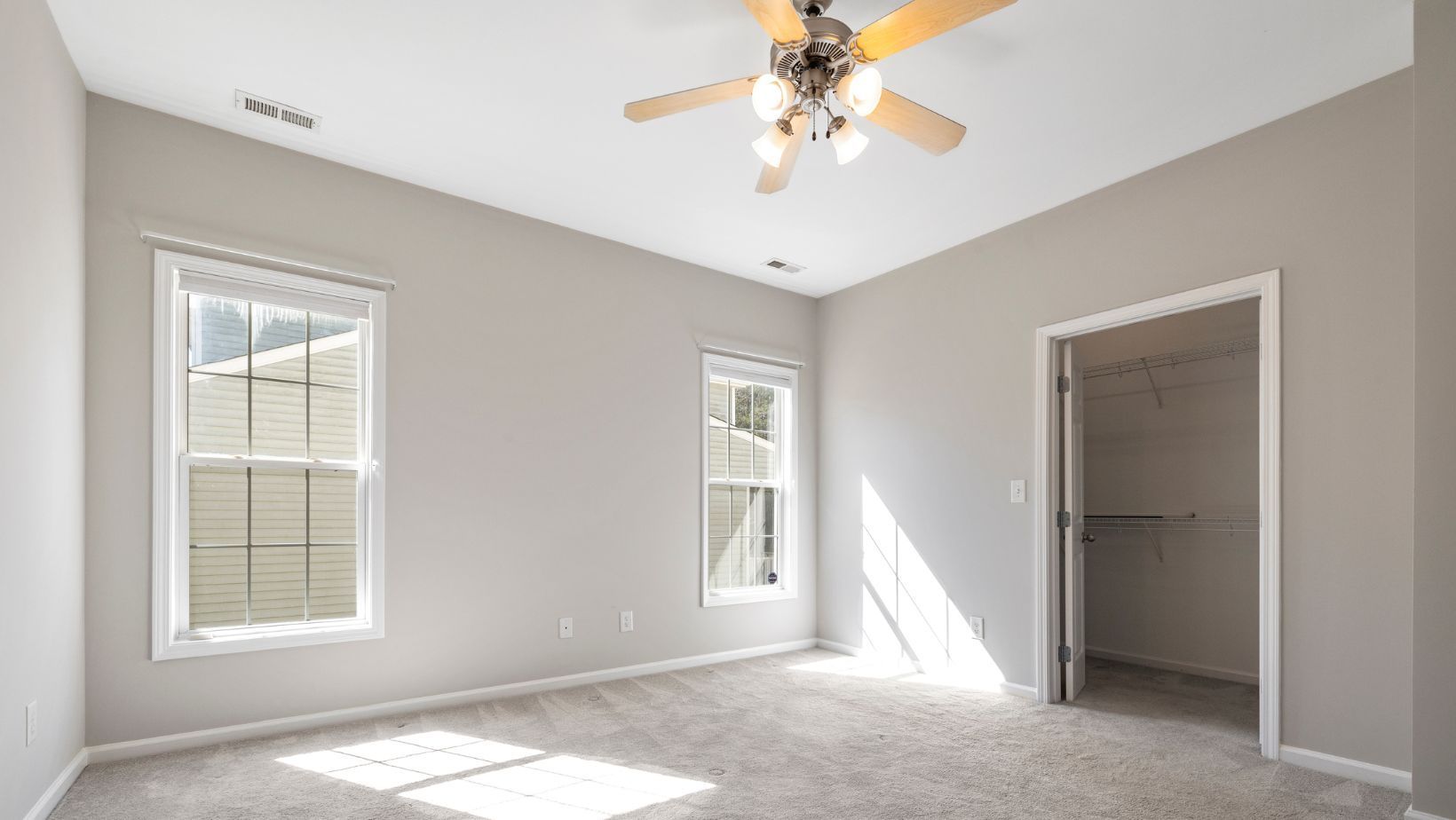Buying Leasehold Property In New Zealand
Sirpa Gunn • April 23, 2019
The Pro's and Con's of buying a leasehold property in New Zealand

What is leasehold land?
Leasehold is a form of property ownership whereby you own the buildings and any other improvements on the site, but you lease or rent the land from a land owner.
The Pro’s
Leasehold land is without a doubt cheaper than buying freehold. This is because you are not purchasing the land outright, only a right to us it for the period of the lease. In Auckland it is possible to purchase an affordable leasehold home in a trendy area like Parnell, the City Waterfront or One Tree Hill where freehold properties can sell for well over double the cost of a leasehold!
For some people buying leasehold works out cheaper than renting over the period of the lease with the added benefit of owning your own home. Others decide to buy leasehold as after doing the sums they find that paying a typical lease fee of 5% p.a. of the freehold value of the land to the landowner is less than paying 8% mortgage interest to the bank on a more expensive freehold property!.
The Cons:
You should be aware however that while the lease may be affordable at the time of purchase there are rent review periods where the ground rent is assessed in comparison to the current property market values. This means that if the freehold value has increased you run the risk of a sometimes substantial increase in ground rent. I remember a few years back some clients of mine were most distressed to learn that the lease fees for their city apartment were increasing by over $10,000 per annum!
Generally people buy real estate as an investment, as way to build wealth for themselves and their heirs. It is usually the value of the land which increases over time providing capital gains to the land owner. In a leasehold situation it is the owner of the land that benefits from this increase in value of the land over time where the tenant only has the right to live there and owns an ageing house that could be decreasing in value and needing expensive maintenance and repairs.
Leasehold land is more difficult to finance with banks requiring higher deposits than for freehold equivalents. It can also prove more difficult to sell a leasehold property, particularly if you are nearing the end of the lease or approaching a review period. And remember with a leasehold property all outgoings are still your responsibility (not the land owners). These include city and regional council rates, body corporate fees if it is a stratum title, insurance and maintenance.
Do your homework:
Each leasehold property needs to be assessed on its own merits as not all leases are the same. Many have a finite term of say 50 or 100 years. The value of the property is obviously affected by the remaining term of the lease whether it has 60 years left to run or 6 can make a big difference! Some leases give the tenant the option to purchase the land freehold on expiry of the lease with a formula included to calculate the sale price of the land at that time. Other leases while having a finite term also have a right of renewal which if exercised would mean the lease could continue in perpetuity. There are also often restrictions as to the land use included in the lease. Before entering into an agreement to purchase leasehold land it is essential to get legal advice and go through the lease documentation with your lawyer before deciding whether or not to proceed.
Contact the Conveyancing Shop Lawyers today on 0800 Solicitor for more information on buying leasehold
land.
News and articles

Lets face it lockdown meant some big changes, for us individually, as a firm, an industry and a country. Working from home took some getting used to - our team reported quite varied challenges, from mastering new technology, balancing home schooling kids with work, coping with loneliness in isolation, to struggling to work with a dog on your lap (which if you have a St Bernard like I do, is a real challenge!) and last but by no means least, missing our favourite coffee fix! The transition was seamless for our clients, as we had all the systems in place to manage files, receive calls and emails and continue business as usual. Like most industries we have seen a marked decrease in work during the lockdown as property sales practically came to a standstill. We are pleased to see the market is starting to pick up again. The drop in mortgage interest rates make it a great time to refinance and easing of LVR restrictions mean that we are now seeing many enquiries from first home buyers which is a good sign! There have been some legislative changes that allow us to witness many documents via audio visual links rather than in person. This has definitely made things easier during lockdown and we will continue to use this method Post-covid to look after clients New Zealand wide and overseas. Our team is excited to transition back to the office from Thursday 14th May. We ask that clients please continue to email, call and video conference for a while longer as we will not be open for face to face appointments at this time. We trust that you are all safe in your bubbles and looking forward to returning to normality soon! Thada, Sirpa, Michelle and the CSL Team

Many people have taken advantage of the mortgage holiday option offered by mainstream banks to provide relief during the Covid 19 crisis in New Zealand. What some people may not have considered is that this is a repayment holiday not an interest holiday. The interest keeps accruing on your loan and is added to the amount you owe the bank. After the 6 month mortgage the amount you owe the bank will have increased. Let me give you an example. Say you have a $500,000 Mortgage fixed at an interest rate of 4.25% for 20 years. The interest you will be charged for the 6 months would be $10,625. During a mortgage holiday this interest would still accrue and would be added to the overall amount you owe. After 6 months your mortgage would have increased to $510,625. You would then be charged interest on this higher amount and/or the term of your loan would be extended. I realise that for some a mortgage holiday is the only way to make ends meet at the moment, but I have also seen many people who are just taking advantage of the offer and having a break from repayments just because they can. While a mortgage holiday may give you temporary cash flow assistance you need to consider the long term cost and assess if it is worthwhile. Could switching to interest only payments work out better in the long run. This way you will reduce your payments but not increase the amount you owe. Important note: This is a discussion topic only based on the personal opinion of the author. It does not reflect the companies views or policies and is not intended to give legal, financial or tax advice








